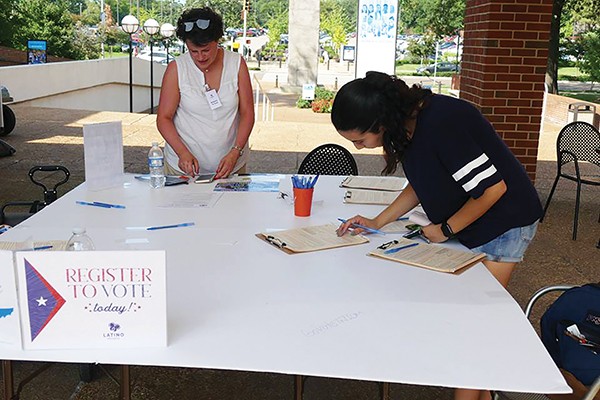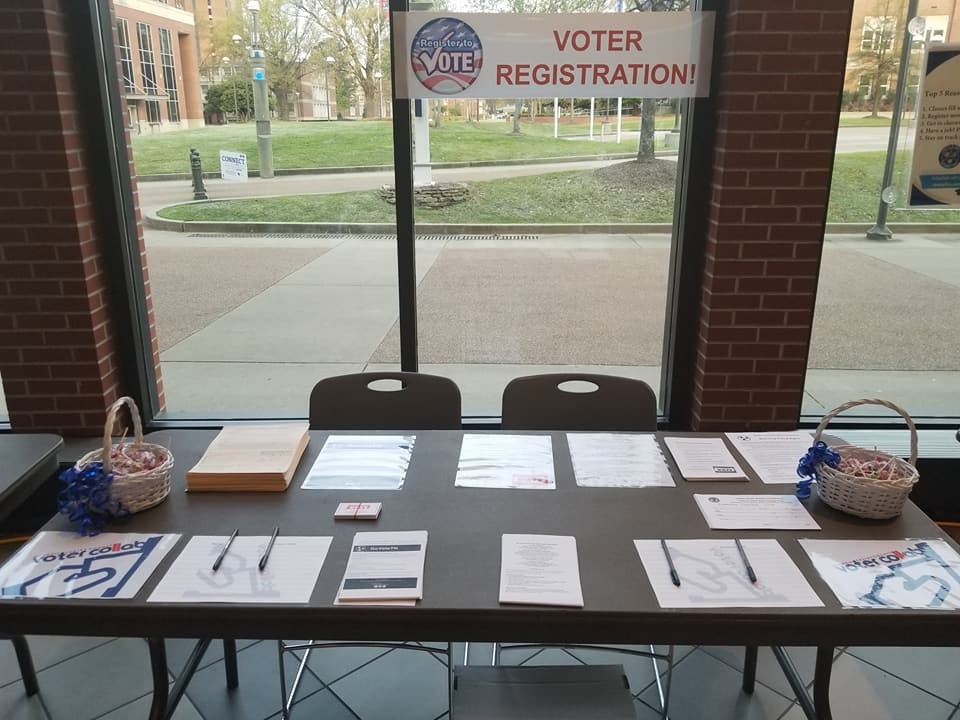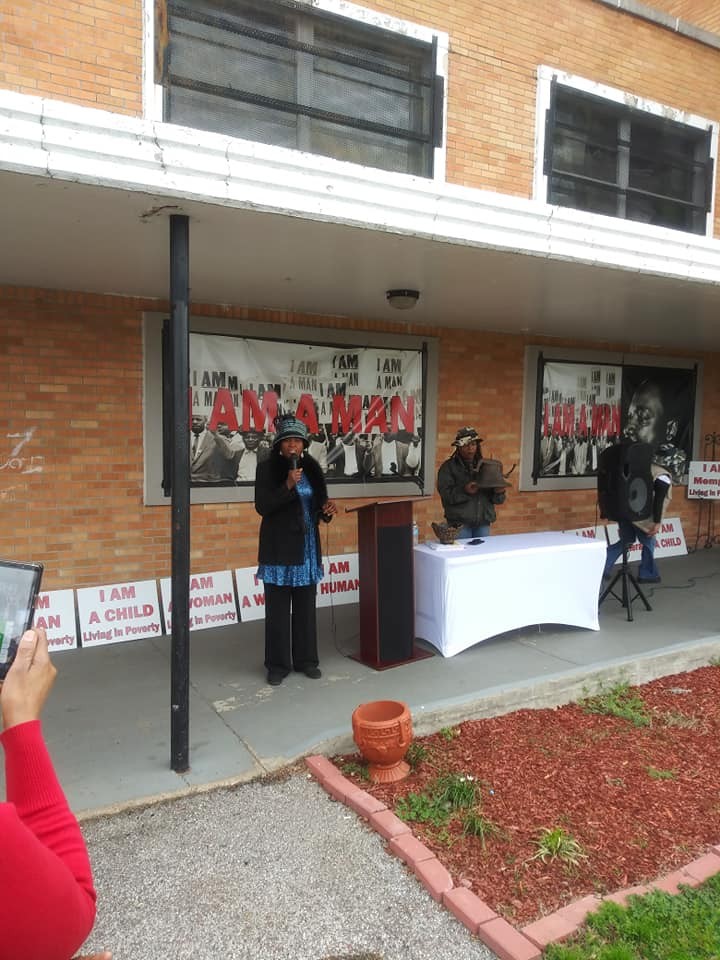With pressure building for potential tax increases in Memphis city government, the outlook for additional aid from state government took a hit Monday, as the State Funding Board acknowledged weaker-than-expected revenues and set a deliberately slow growth rate.
The board, composed of the state’s three constitutional officers and the state finance commissioner, set a growth rate in general fund revenue of 1 percent to 2 percent and total tax growth at 1.25 percent to 2.15 percent for fiscal 2025-26. That is on the heels of an estimated total growth rate projection for fiscal 2024-25 of -1.68 percent to -1.34 percent.
Economic growth has ground down considerably in Tennessee after a double-digit revenue windfall of two years ago. Among other factors, the state is facing a $1.9 billion business tax reduction stemming from legislative approval of Governor Bill Lee’s proposal to eliminate the property portion of the state’s franchise and excise taxes. That move followed additional tax breaks for businesses the previous year. The Department of Revenue has processed nearly $900 million in rebates this year, and more are expected.
On the eve of the oncoming 2025 legislative session, the weak budget outlook could affect lawmakers’ decisions, leaving in the lurch not only localities’ requests for aid but funding requests from state agencies totaling over $4.2 billion. The revenue forecast isn’t expected to come close to matching that figure, even with anticipated federal funds covering some of the costs.
• Two Memphians are finalists to succeed soon-to-be-retiring state Court of Appeals Judge Arnold Goldin of Memphis: Shelby County Circuit Judge Valerie Smith and interim Memphis Chancellor Jim Newsom. A third candidate is Jackson Chancellor Steve Maroney, a former chair of the Madison County Republican Party.
Smith was a member of a three-judge chancery court panel that dismissed a lawsuit challenging the legality of the state’s school voucher program. The decision was later reversed by the Court of Appeals.
Newsom was named in 2015 to a Chancery Court position by former Governor Bill Haslam but was defeated for re-election in 2016 by current Chancellor JoeDae Jenkins. He was reappointed interim chancellor this past summer by Governor Lee to assume the duties of Chancellor Jim Kyle, who has been disabled by illness.
• The three gun-safety measures approved resoundingly by Memphis voters earlier this month via ballot referenda have predictably come under legal challenge. The Tennessee Firearms Association has filed a lawsuit in Shelby County Circuit Court seeking to block city government from activating the measures.
In a sense, the gun-lobby group’s suit is pointless, in that backers of the referenda conceded that voter approval of the measures was conditional on the will and pleasure of state government, which had made clear that state policy at this point would disallow the implementation of the three measures.
State House Speaker Cameron Sexton had angrily opposed the referenda as antithetical to state law and threatened to retaliate by cutting Memphis off from various state-shared revenues if the measures were enacted.
The measures, certified for the ballot by the city council, would re-institute a requirement locally for gun-carry permits, ban the sale of assault weapons, and enable the local judiciary to impose red-flag laws allowing confiscation of weapons from individuals certified as risks to public safety.
Mindful of Sexton’s attitude, backed by Governor Lee, the Shelby County Election Commission originally acted to remove the referendum measures from the November ballot, but they were approved for the ballot by Chancellor Melanie Taylor Jefferson.
• It begins to look as though the beleaguered Shelby County Clerk Wanda Halbert will survive various ouster attempts and will survive in office until the election of 2026, when she will be term-limited.
Her latest reprieve came from Circuit Court Judge Felicia Corbin-Johnson, who disallowed an ouster petition from attorney Robert Meyers, ruling that such an action had to be pursued by Shelby County Attorney Marlinee Iverson, who had recused herself.
Judge Corbin-Johnson had previously disallowed an ouster attempt from Hamilton County District Attorney Coty Wamp, who was acting as a special prosecutor.


 Marc Perrusquia/Twitter
Marc Perrusquia/Twitter  U of M/Facebook
U of M/Facebook  Facebook/MATA
Facebook/MATA 


 Courtesty of U.S. Customs and Border Protection
Courtesty of U.S. Customs and Border Protection 
 Facebook- Carnita Atwater
Facebook- Carnita Atwater